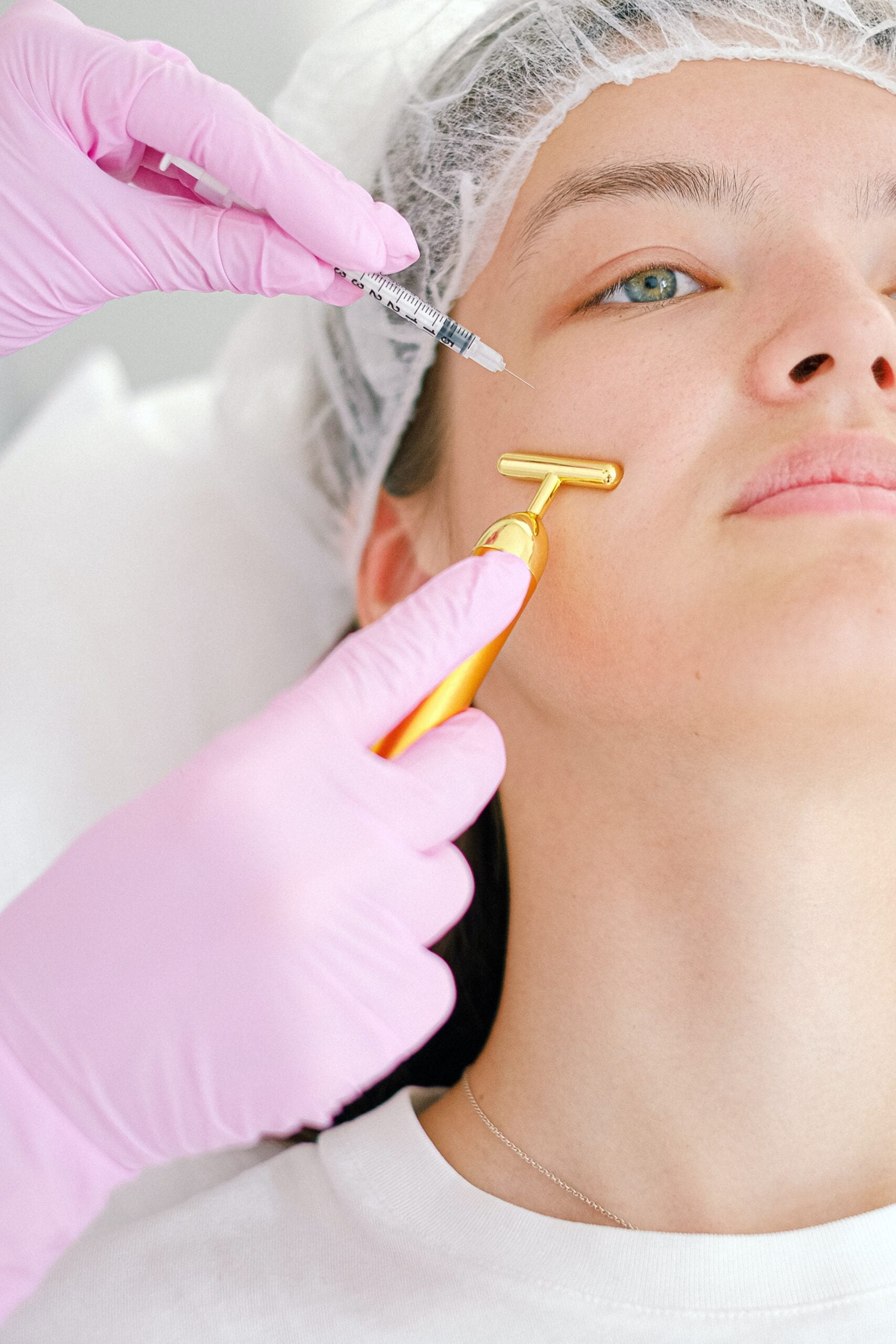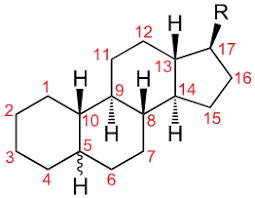Steroid drugs, also known as corticosteroids, have long been utilized in the field of medicine for their powerful anti-inflammatory and immunosuppressive properties. These medications are derived from natural hormones produced by the adrenal glands and play a crucial role in managing various medical conditions. In this article, we will explore the classification of steroid drugs, shedding light on their diverse therapeutic applications.
Glucocorticoids
Glucocorticoids, the most commonly prescribed steroid drugs, mimic the action of cortisol, a hormone produced by the adrenal glands. They exert their effects by binding to glucocorticoid receptors in the body’s cells. These drugs are primarily utilized for their potent anti-inflammatory properties and are prescribed in numerous medical scenarios, including:
a. Asthma and Allergies: Glucocorticoids are often administered in the form of inhalers to reduce airway inflammation and alleviate symptoms in individuals with asthma or allergies.
b. Autoimmune Disorders: Rheumatoid arthritis, lupus, and other autoimmune conditions can benefit from glucocorticoids, as they help suppress the overactive immune response responsible for tissue damage.
c. Skin Conditions: Topical glucocorticoids are commonly prescribed to treat various skin conditions, such as eczema, psoriasis, and dermatitis, as they effectively reduce inflammation and relieve itching.
Mineralocorticoids
Mineralocorticoids, another class of steroid drugs, regulate the balance of electrolytes and fluid in the body. The primary mineralocorticoid hormone is aldosterone, which influences sodium and potassium levels. These drugs are mainly prescribed for individuals with adrenal insufficiency or conditions requiring salt and water balance regulation.
Sex Hormones
Sex hormones, including estrogen and testosterone, are steroid hormones with vital roles in the development and maintenance of sexual characteristics and reproductive functions. While sex hormone replacement therapy is beyond the scope of this article, it is worth noting that these hormones have crucial therapeutic applications in hormone replacement therapy, fertility treatments, and gender-affirming care.
Steroid Use in the United Kingdom
In the United Kingdom, steroid drugs are widely available and prescribed by healthcare professionals for various medical conditions. The National Health Service (NHS) follows strict guidelines to ensure the appropriate use of these medications, thereby optimizing patient safety and positive treatment outcomes.
The NHS emphasizes the importance of personalized medicine, tailoring treatment plans to individual patient needs. This approach includes considering the lowest effective dose and the duration of steroid treatment, as well as carefully monitoring patients to mitigate any potential risks associated with long-term use.
Conclusion: Steroid drugs play a crucial role in modern medicine, offering effective treatment options for numerous medical conditions. Understanding the classification of these drugs enables healthcare professionals to prescribe them judiciously, maximizing their therapeutic benefits while minimizing risks. From their anti-inflammatory properties to their impact on salt and water balance and reproductive functions, steroid drugs continue to pave the way for advancements in medical care. With appropriate usage and close medical supervision, the positive impact of steroid drugs in improving patient health and well-being remains undeniable.
FAQs
Q: What are steroid drugs?
A: Steroid drugs, also known as corticosteroids, are medications derived from natural hormones produced by the adrenal glands. They possess potent anti-inflammatory and immunosuppressive properties and are widely used in medicine.
Q: What is the classification of steroid drugs?
A: Steroid drugs can be classified into different categories based on their specific therapeutic effects. The main classifications include glucocorticoids, mineralocorticoids, and sex hormones.
Q: What are glucocorticoids used for?
A: Glucocorticoids are primarily prescribed for their anti-inflammatory properties. They are commonly used in the treatment of conditions such as asthma, allergies, autoimmune disorders, and various skin conditions.
Q: What are mineralocorticoids used for?
A: Mineralocorticoids regulate electrolyte and fluid balance in the body. They are mainly prescribed for individuals with adrenal insufficiency or conditions requiring salt and water balance regulation.
Q: How do sex hormones play a role in therapy?
A: Sex hormones, such as estrogen and testosterone, have therapeutic applications in hormone replacement therapy, fertility treatments, and gender-affirming care. They are crucial for the development and maintenance of sexual characteristics and reproductive functions.
Q: How are steroid drugs used in the United Kingdom?
A: In the United Kingdom, steroid drugs are widely available and prescribed by healthcare professionals for various medical conditions. The National Health Service (NHS) follows strict guidelines to ensure safe and effective usage of these medications.
Q: How does the NHS ensure the appropriate use of steroid drugs?
A: The NHS emphasizes personalized medicine, tailoring treatment plans to individual patient needs. This includes considering the lowest effective dose and duration of treatment, as well as closely monitoring patients to mitigate potential risks associated with long-term use.
Q: Are there any risks or side effects associated with steroid drugs?
A: While steroid drugs offer therapeutic benefits, they may also present risks and side effects. It is important to consult a healthcare professional for personalized medical advice and information regarding potential risks and side effects before initiating any treatment.
Author

Dr. Aditya K. Sharma
I am Dr. Aditya Sharma, a dedicated urologist specializing in kidney transplants and advanced urological surgeries. My career is driven by a passion for delivering exceptional care and pioneering surgical techniques. Outside the operating room, I have a keen interest in studying the effects of anabolic steroids on bodybuilding, seeking to understand the fine line between enhancing performance and maintaining health.








